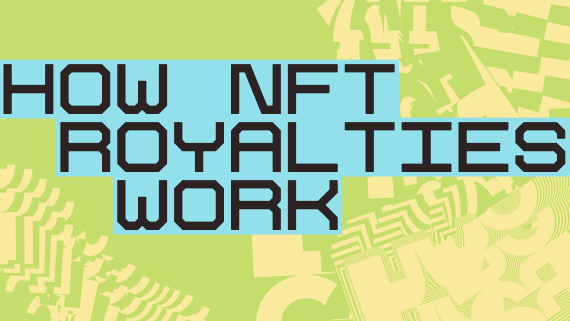Research Summary
This report discusses the tax implications of Non-Fungible Tokens (NFTs), focusing on the IRS’s recent guidance on taxing NFTs as collectibles. It provides insights into the tax rates, strategies to minimize tax obligations, and the tax implications for NFT creators. The report also highlights the complexities of NFT taxes and the need for professional assistance to ensure compliance with tax regulations.
Key Takeaways
IRS Guidance on NFT Taxes
- Classification of NFTs as Collectibles: The IRS has issued guidance that it could tax some NFTs at the collectibles rate, similar to art or gems, when sold. The IRS uses a “look-through analysis” to determine whether an NFT is a collectible.
- First NFT-specific Guidance: This is the first NFT-specific guidance the IRS has issued. The agency has requested public feedback and more guidance is expected in the future.
- Collectibles Tax Rate: Long-term capital gains from selling NFTs classified as collectibles would be subject to a 28% rate, higher than the current long-term capital gains rates that peak at 20%.
NFT Tax Rates and Strategies
- Short-term and Long-term Gains: Short-term gains from NFTs are subject to regular income tax rates, ranging from 10% to 37%. Long-term capital gains tax rates for NFTs vary between 0% and 20%.
- Tax Minimization Strategies: Strategies to minimize NFT tax obligations include holding NFTs for more than a year, selling NFTs during a low-income year, offsetting gains by selling NFTs at a loss, and donating appreciated NFTs to a charity.
Tax Implications for NFT Creators
- Taxes When Minting and Selling NFTs: Minting an NFT itself does not trigger taxes unless there are associated costs. Selling an NFT that a creator has made is a taxable event, and the proceeds are classified as capital gains.
- Taxes on Royalties from NFTs: The IRS has not yet issued specific guidance on NFT royalty income. However, royalties from NFT sales are likely to be considered ordinary income.
Actionable Insights
- Seek Professional Assistance: Given the complexities of NFT taxes, taxpayers should seek the assistance of crypto tax professionals and software to ensure compliance with tax regulations.
- Stay Updated: Taxpayers should stay current and up to date with the IRS’s guidance on NFT taxes as more guidance is expected in the future.
- Consider Tax Minimization Strategies: Taxpayers can employ several strategies to minimize their NFT tax obligations, such as holding NFTs for more than a year and selling NFTs during a low-income year.












